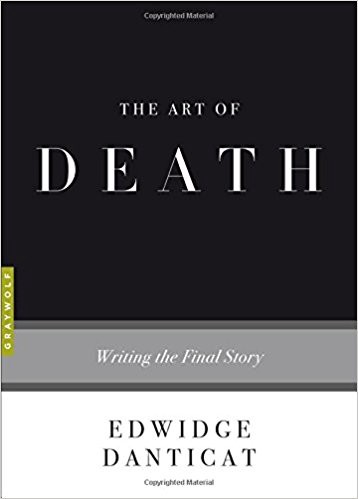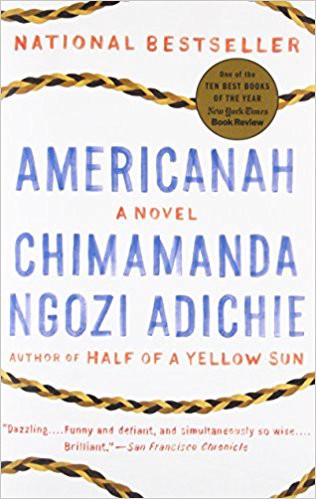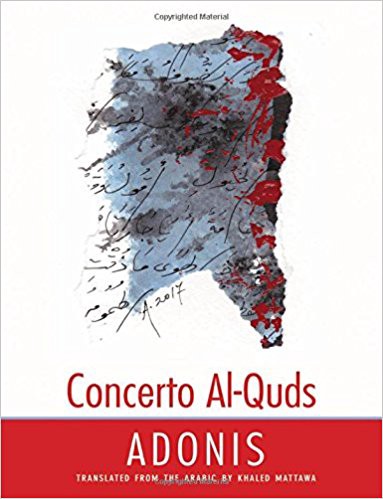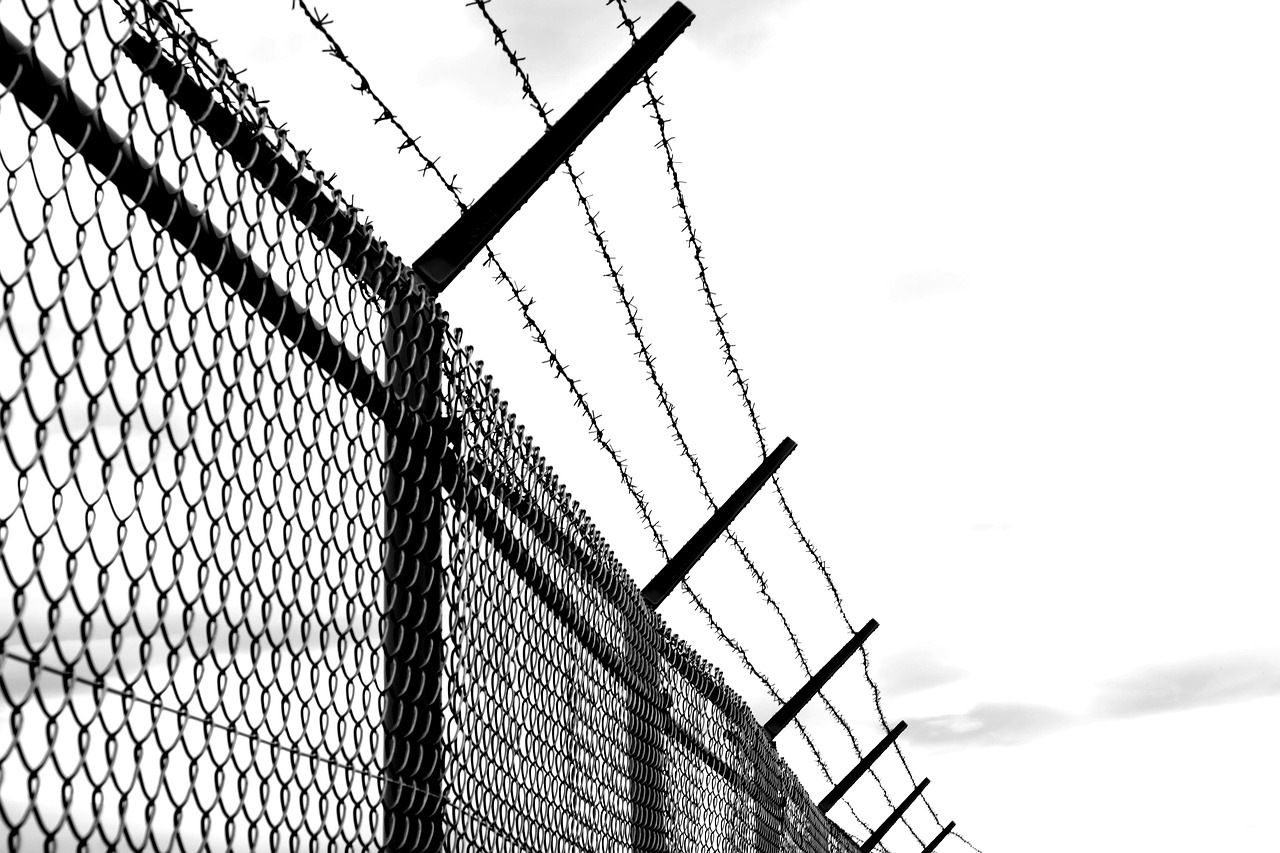Reading Lists
11 Incredible Books by Writers from “Shithole” Countries
Let’s celebrate just a few of the amazing authors the president says he wouldn’t want in the U.S.
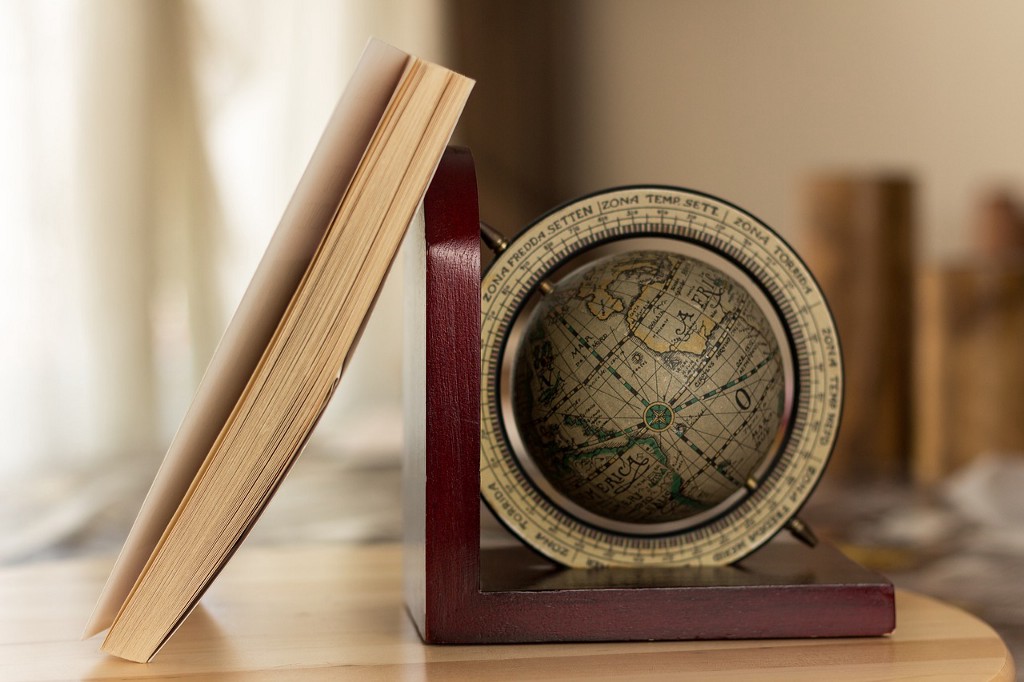
According to The Washington Post, our stable genius president complained in a meeting that the U.S. is admitting too many people from “shithole countries.” At issue were visas granted to immigrants from African nations and countries designated as “temporary protected status,” including Haiti and El Salvador. “Why are we having all these people from shithole countries come here?” Trump reportedly complained (he now says he didn’t, but come on: he absolutely did). We should, he said, instead admit more immigrants from Norway—a nation nobody would voluntarily leave for the U.S. since its health care, quality of life, and GDP per capita leave ours in the dust. Who’s the shithole country now?
This is obviously racist bullshit for a number of reasons. But it’s a good reminder to celebrate the work of writers from Africa, and from Haiti, El Salvador, and other protected-status countries. As writers, readers, and human beings, we would all be intellectually impoverished by the lack of these voices. Here are some of our favorite novels, memoirs, and poetry by authors from the countries Trump disdains, many of whom celebrate their complicated homelands in their work.
The Art of Death by Edwidge Danticat
Edwidge Danticat is an award-winning Haitian-American author, Macarthur Fellow, two-time National Book Award nominee, winner of the National Book Critic Circle award, and national treasure. The author of numerous novels, short stories, young adult novels, essays, memoirs, and even a picture book, there is seemingly nothing this woman cannot write. Her most recent work, The Art of Death, is both a personal memoir of her mother’s death and a philosophical investigation of representations of death in literature.
Behold the Dreamers by Imbolo Mbue
No matter what the racist president might tell you, nobody understands—or embodies—the American dream better than immigrants. Cameroonian-born Mbue’s compelling debut novel follows the travails of a couple transplanted from Cameroon to New York City during the Great Recession.
Americanah by Chimamanda Ngozi Adichie
Nigerian writer Adichie has made waves both as a novelist and an essayist writing about feminism. Her bestselling Americanah grapples with the way that immigration can shake identity; her Nigerian characters, transplanted into the U.S. and the U.K., find that their new context changes how they’re seen and how they think about themselves.
Carrying Knowledge Up a Palm Tree by Taban lo Liyong
South Sudan is a brand-new country, but South Sudan-born poet and writer Liyong has been challenging literary barriers for decades. The first African writer to graduate from the Iowa Writers Workshop, Liyong has long been a gadfly of African academia, criticizing the ongoing colonialism of the English department. His poetry collection Carrying Knowledge Up a Palm Tree engages with some of his ideas about African intellectual history.
Homegoing by Yaa Gyasi
Gyasi’s explosive 2016 debut quickly became a New York Times bestseller and landed on numerous best-of-the-year lists. The novel tells the story of the descents of Effia and Esi, half-sisters who are born into very different lives in 18th Century Ghana. Esi is sold into slavery while Effia is married to a British slaver. By tracing their families over generations, Gyasi makes the global history of slavery resonate on a deeply personal level.
We Need New Names by NoViolet Bulawayo
Bulawayo’s acclaimed debut is a coming-of-age story that follows 10-year-old Darling from Zimbabwe to adult life in the midwestern United States. The novel was nominated for both the Booker Prize and the Guardian First Book Award. In 2012, Bulawayo was named one of the 5 under 35 by the National Book Foundation.
Teaching My Mother How to Give Birth by Warsan Shire
Poems don’t usually go viral, but Somali poet Warsan Shire managed it with “Home,” her ferocious and heartbreaking explanation of the refugee experience. If you didn’t encounter “Home,” though, perhaps you know her from the snippets of poetry in Beyonce’s “Lemonade” album—those are adapted from Teaching My Mother How to Give Birth. Shire’s poetry is accessible and blade-sharp, easy to read and hard to forget.
Under the Udala Trees by Chinelo Okparanta
Okparanta’s debut novel seems to have won or been shortlisted for every possible award for which it was eligible. We meet Ijeoma when she is 11 and before Nigerian independence. Sent away to safety, she meets another displaced girl, and they fall in love. Discovered, Ijeoma is forced to hide this part of herself. Inspired by Nigerian folk tales, Under the Udala Trees is at once the story of a divided and emerging nation, and a coming-of-age narrative of a woman trying to become her full, true self as she seeks and accepts love.
Senselessness by Horacio Castellanos Moya
Honduran-Salvadoran writer Castellanos Moya’s first book translated into English is a horrifying, emotional, darkly funny novel about…editing. It centers on a writer who, like Castellanos Moya, is living in political exile (Castellanos Moya from El Salvador, the unnamed writer from an unnamed Latin American country). The writer is tasked with editing a document from the Catholic Church detailing the human rights abuses of the military regime, and descends into a fever dream.
Concerto al-Quds by Adonis
Regarded as the greatest living poet in the Arab world, Adonis (whose full name is Alī Aḥmad Saʿīd ‘Isbar) is also an essayist, and one of the most influential and controversial voices in discussion surrounding the Syrian regime. “Concerto” was published in 2012, and written in response to the 2011 protests that broke out in Syria. A perennial nominee for the Nobel Prize for Literature, Adonis has won the first ever International Nâzim Hikmet Poetry Award, the Norwegian Academy for Literature and Freedom of Expression’s Bjørnson Prize, the Highest Award of the International Poem Biennial in Brussels, and the Syria-Lebanon Best Poet Award.
Kintu by Jennifer Nansubuga Makumbi
Heralded as the “Great Ugandan Novel,” Kintu rewrites the history of the country by excluding colonization. The novel follows one dynasty through eras, from what would be the pre-colonial period to modern times. You can get a taste of Makumbi’s violent, funny, and heartbreaking book from this excerpt in Recommended Reading.




